Have you ever felt those wise, unblinking eyes following your every move as your cat ages? It’s as if they’re silently recording your every quirk and habit, like a furry little detective. Many cat owners are surprised—even a bit unsettled—when their once aloof feline suddenly becomes a vigilant observer. Is it love? Curiosity? Or something deeper? Let’s unravel the mystery of why your aging cat has turned into your most devoted audience.
The Shift in Feline Attention

As cats grow older, their behaviors can change in subtle and sometimes surprising ways. One of the most noticeable shifts is how they begin to watch us more closely. This isn’t just a coincidence. Older cats often develop a deeper bond with their humans, and watching you becomes part of their daily routine. It’s a sign that they’re more tuned into your presence and interested in your actions. This change is often gradual, but suddenly you’ll notice those eyes on you when you least expect it—while you cook, read, or even when you’re just sitting quietly.
Developing Deeper Bonds With Age

Just like people, cats can become more sentimental as they age. When kittens, they’re busy exploring, playing, and sometimes ignoring you. As adults, they mellow out a bit, but it’s in their senior years that the emotional connection deepens. They start seeking more reassurance, comfort, and familiarity from you. Watching you is their way of feeling close. It’s almost as if they’re saying, “I trust you, and I want to know what you’re up to.” This deeper bond creates a gentle, constant presence in your life—and theirs.
Curiosity Doesn’t Fade With Time

You might think an old cat would lose its curiosity, but the opposite is often true. While they may not chase every shadow or string, their inquisitiveness shifts focus—from the world at large to you. You become the most interesting thing in their environment. Your movements, routines, and even the sound of your voice can be endlessly fascinating to them. So, when you catch them staring, remember it’s simply their ageless curiosity being redirected.
Changes in Their Senses

Aging affects a cat’s senses—hearing, sight, and even smell can all become dulled with time. As their world shrinks a little, your presence becomes their anchor. Watching you helps them feel secure and oriented. Sometimes, as their vision fades, they rely more on watching your silhouette or movement to keep track of you. It’s their way of navigating a world that’s become a bit fuzzier around the edges.
Seeking Comfort and Security

Older cats often become more dependent on their humans for comfort and security. Watching you go about your day can bring them a sense of peace. Your routines become predictable and reassuring. A glance in your direction lets them know all is well. This watchfulness isn’t just about curiosity—it’s about feeling safe, knowing their person is nearby. It’s a silent bond, communicated through gentle, steady observation.
Routine and Predictability Matter

Cats thrive on routine, and as they age, this need becomes stronger. They watch you more to anticipate what happens next—mealtime, cuddles, bedtime. Your habits guide their day. Sometimes, you might notice them perking up the minute you walk toward the kitchen or settle into your favorite chair. They become little routine detectives, ensuring they never miss a moment that matters.
Physical Limitations Lead to Observing

With age, cats may lose the agility and energy they had in their youth. They’re not leaping onto counters or sprinting through the house as much. Instead, they choose quieter activities—like watching you. This new hobby is easier on their joints and just as enriching. It’s a way for them to stay engaged in life, even if their bodies can’t keep up with their younger selves.
Sensing Emotional Shifts

Cats are surprisingly attuned to their humans’ emotions. As they age, they may become even more sensitive to your moods and behaviors. Watching you closely helps them gauge how you’re feeling. They may notice when you’re sad, happy, or anxious, and respond accordingly—sometimes by sitting quietly near you or offering a reassuring purr. It’s their way of supporting you, even if they don’t always understand what you’re going through.
Watching Is a Form of Communication

Staring isn’t always just about observation. For older cats, it’s also a way to communicate. They might be asking for food, attention, or simply saying hello. Their gaze can be full of meaning, from “I need something” to “I’m just glad you’re here.” Over time, you’ll learn to read their looks, and they’ll learn how to get your attention without making a sound.
Memory and Familiarity

With age, familiar faces and routines become even more important to cats. Watching you is comforting because you represent stability in a world that can feel confusing as their senses fade. You’re the one constant in their life, the anchor that keeps things feeling safe and predictable. Their watchful gaze is a reminder that you’re their person, and they cherish that connection.
Satisfaction in Simpler Pleasures

Older cats often find joy in simpler things. While a kitten might go wild for a new toy, a senior cat may just want to sit and watch the world go by—especially if that world centers on you. They find contentment in these quiet moments, observing you as you go about your day. It’s a peaceful, shared existence that brings them happiness.
Health Concerns and Subtle Signals

Sometimes, an increase in watchfulness can signal health issues. Cats are masters at hiding pain, but as they age, they may rely more on you to notice when they’re not feeling well. Watching you closely can be their way of asking for help, even if they can’t vocalize it. If your older cat’s gaze seems different—more intense, anxious, or accompanied by other changes—it’s worth checking in with your vet.
Learning From Their Human
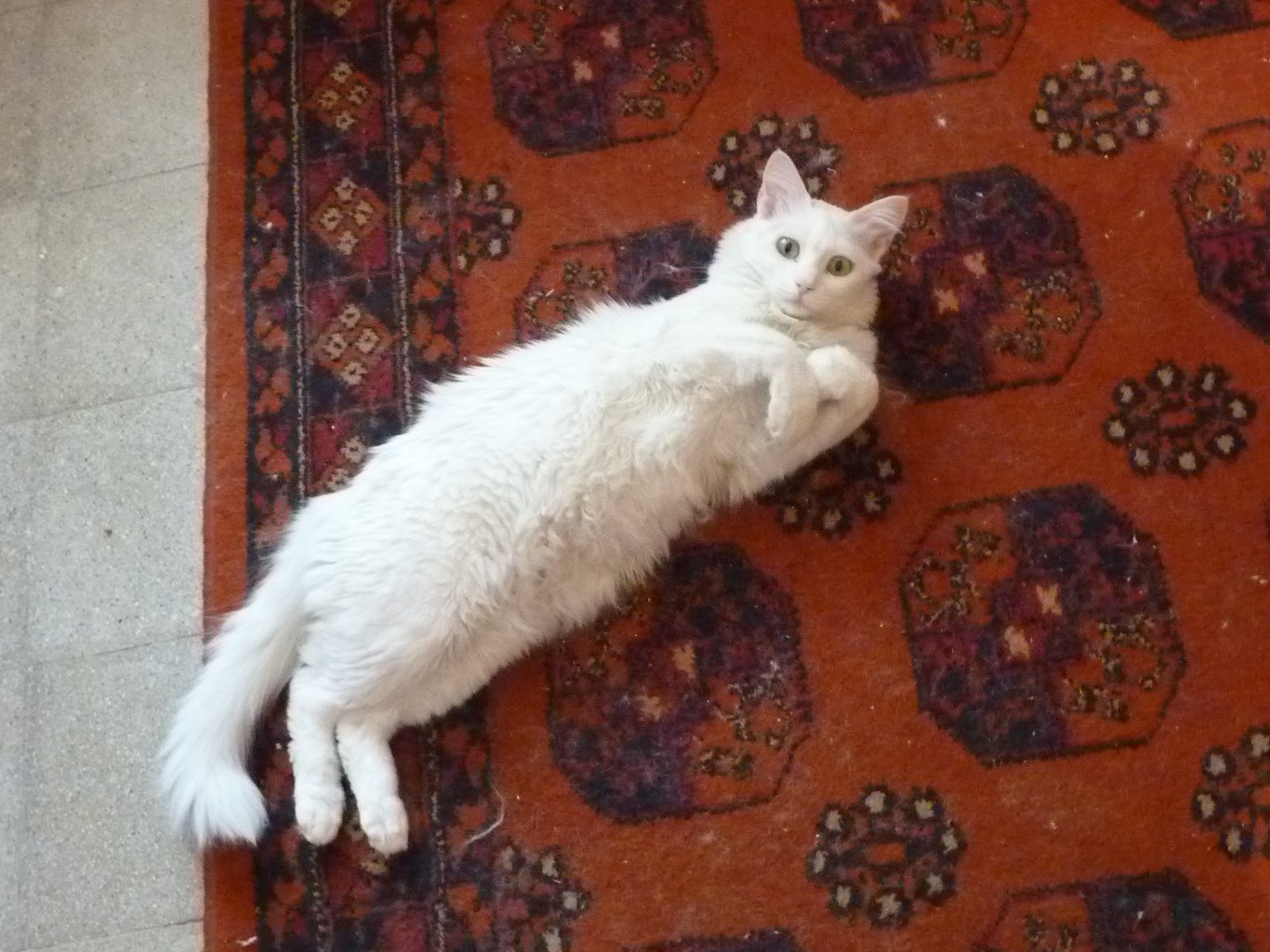
Just because your cat is old doesn’t mean they stop learning. In fact, they often learn new routines and behaviors by watching you. Maybe you’ve started a new habit, like working from home, and they’re curious about your new patterns. They adjust to changes in the household by observing your reactions and adapting accordingly. It’s a quiet, ongoing education.
Reflecting Your Own Behavior
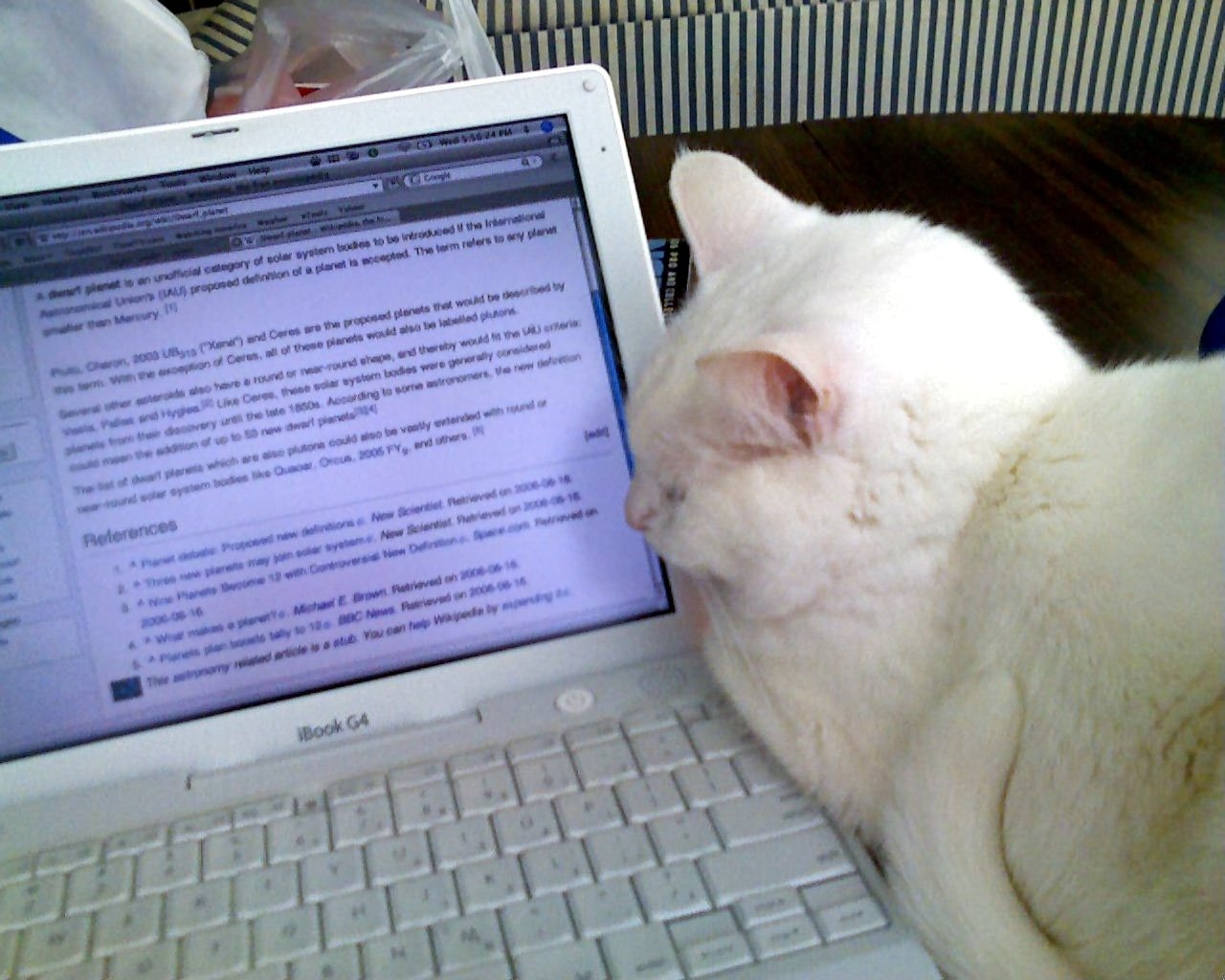
It’s funny how cats can sometimes act as a mirror for our own behavior. If you spend more time at home or are quieter as you age, your cat may follow suit. They become keen observers of your habits, reflecting them back in subtle ways. It’s like having a little shadow who knows your daily rhythms almost better than you do.
The Comfort of Shared Spaces

Older cats love to be near their favorite people, and watching you is a way to share space without being intrusive. They might not always want to be in your lap, but they’ll choose a spot where they can see you. This silent companionship is their way of saying, “I’m here with you, even if I’m just watching from afar.” It’s a gentle reminder of the deep connection you share.
Heightened Attachment to Owners
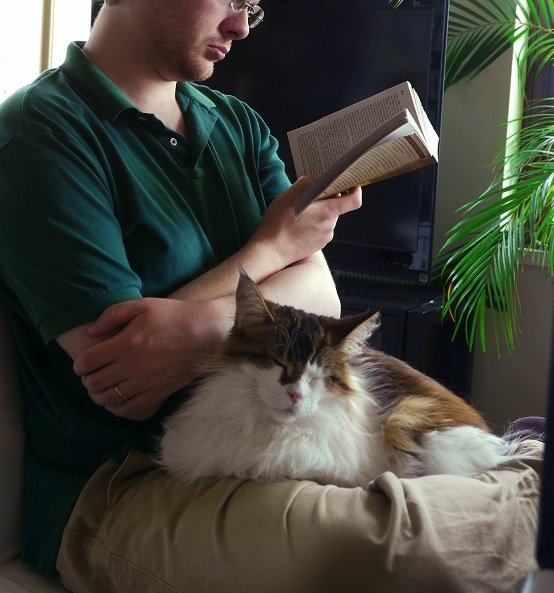
With age comes a stronger attachment to their humans. Older cats often become more “clingy,” watching you wherever you go. This isn’t a sign of weakness—it’s a testament to the trust and affection they feel for you. They’ve chosen you as their person, and keeping an eye on you is their way of staying close. It’s touching, really, to know you mean so much to them.
Adapting to a Changing Home Environment
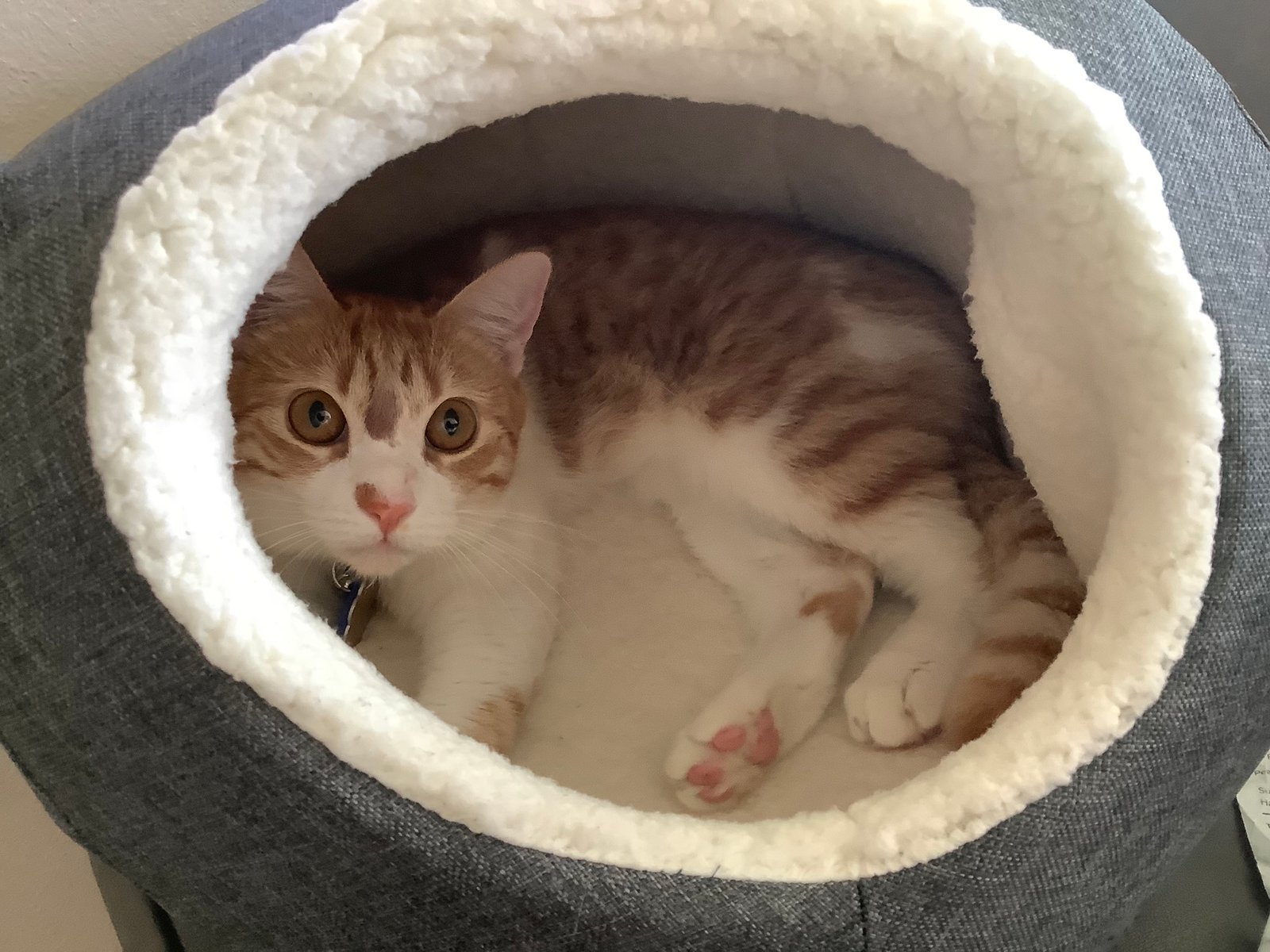
As families grow, children leave, or furniture moves, older cats notice every change. Watching you helps them make sense of these shifts. You become their guide through any confusion, and they rely on your presence to feel grounded. When the world around them changes, you’re their safe spot—the one thing they can count on.
Silent Guardianship
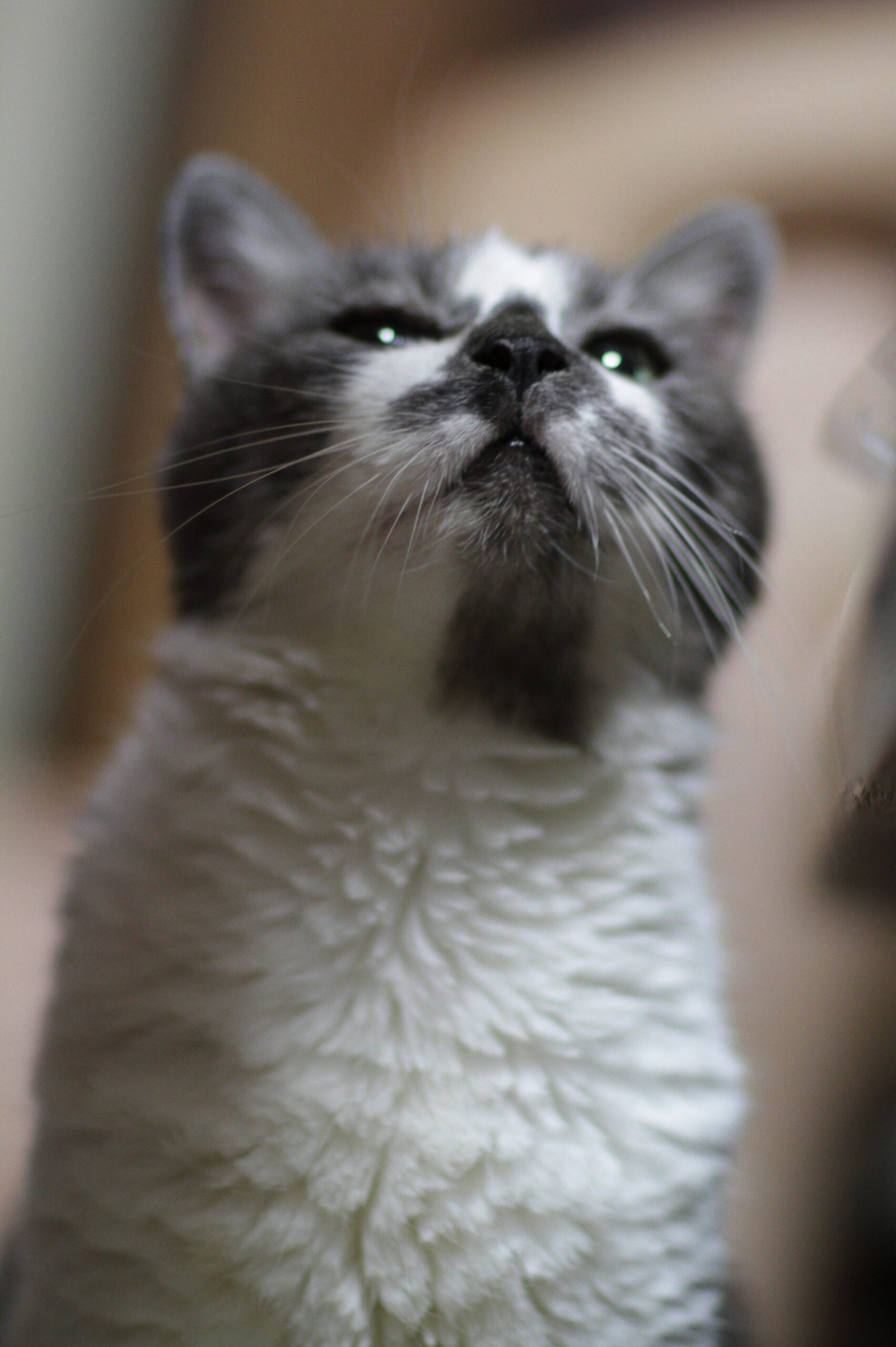
It might sound dramatic, but many cat owners feel as though their older cats are watching over them. This silent guardianship is real. Your cat may watch you not just out of curiosity but out of a sense of responsibility. They want to make sure you’re okay, just as you care for them. It’s a mutual watchfulness that grows over time, turning your home into a place of shared trust.
Understanding the Aging Cat’s Mind
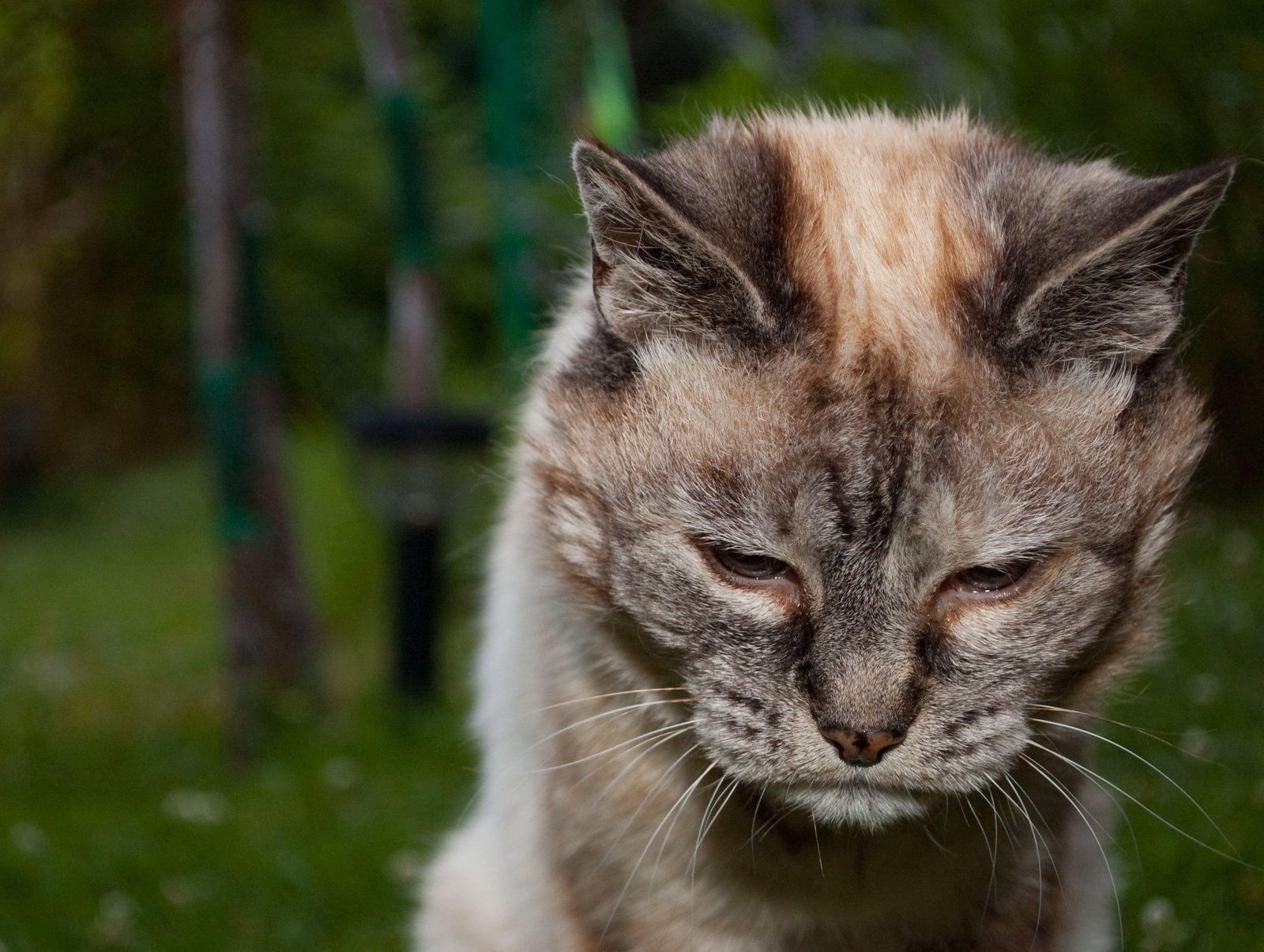
The inner world of an aging cat is rich and complex. As their body slows down, their mind often becomes more reflective. Watching you is part of this mental shift. They ponder, reflect, and take in the world with a gentle wisdom. Their gaze is softer, filled with years of shared memories and quiet understanding. It’s as if they’re saying, “I’ve seen it all, and I’m happy just to be here with you.”
A Final Word on Feline Watchfulness
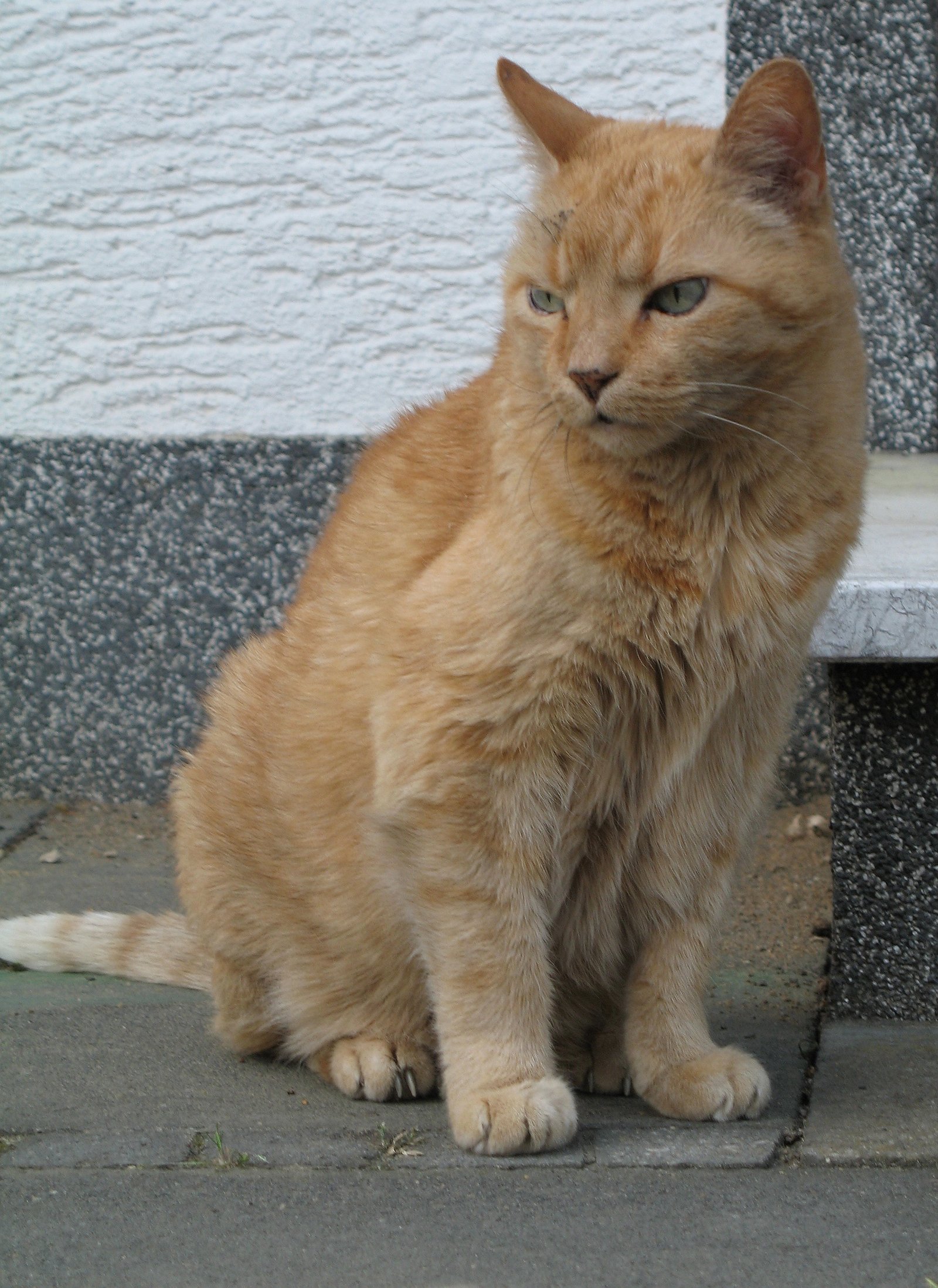
All these changes—deeper bonds, shifting curiosity, silent communication—combine to make our older cats more attentive than ever. Their quiet eyes on us each day are a reminder of the gentle, unspoken love that grows with age. It’s a bond that doesn’t need words or grand gestures—just the simple act of sharing a glance across the room.

Linnea is a born and bred Swede but spends as much time as possible in Cape Town, South Africa. This is mainly due to Cape Town’s extraordinary scenery, wildlife, and atmosphere (in other words, because Cape Town is heaven on earth.) That being said, Sweden’s majestic forests forever hold a special place in her heart. Linnea spends as much time as she can close to the ocean collecting sea shells or in the park admiring puppies.






